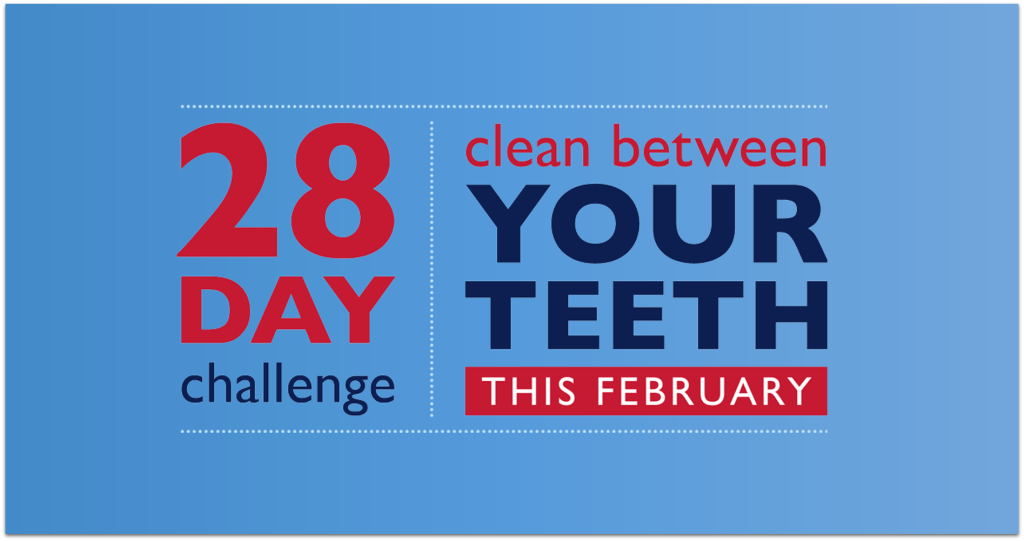1 March 2022
The 28-day ‘Flossuary Challenge’ launched by the Dental Department on Tuesday, 1 February 2022, has concluded.
During the month of ‘Flossuary’ (February), the Dental Department distributed free ‘flossuary’ packs, which included guidance on how to clean between your teeth, a 28-day chart and product samples, in an attempt to encourage everyone to try cleaning in between their teeth once a day for 28 consecutive days.
Dental Therapist, Charmaine Buckley, commented:
“We had really good participation from both regular patients and the general public, approximately 100 free flossuary packs were issued. I do hope everyone who took part found some benefit in the challenge and was able to continue for the 28 consecutive days, and we thank you for participating. I would encourage everyone to continue cleaning between your teeth to gain the benefits this has on our general health and would love to hear from anyone who participated in the Flossuary Challenge by providing feedback via email: charmaine.buckley@sainthelena.gov.sh”.
Cleaning between your teeth on a daily basis reduces your risk of serious health conditions, such as:
Gum Disease
Gum Disease is inflammation of the gums. Periodontal disease is a bacterial infection of the specialised tissues, and bones that surround and support your teeth in the jaw. Without treatment, this infection can destroy the bone that supports your teeth which cause teeth to loosen. Unlike gum disease, it cannot be reversed and often has serious, long lasting consequences for how your teeth and gums look and feel. It may lead to the permanent loss of teeth.
Heart Disease and Stroke
Heart disease is the term that describes what happens when your heart’s blood supply is blocked or interrupted by a build-up of fatty substances in the coronary arteries. Gum disease can lead to increased arterial inflammation, which is responsible for cardiovascular events.
A stroke is a serious life-threatening medical condition that happens when the blood supply to part of the brain is cut off. When gums bleed and become inflamed, it leads to changes in how blood and oxygen flows to the brain. The risk of stroke is significantly increased by the presence of periodontal disease.
Diabetes
Diabetes is a lifelong condition that causes a person’s blood sugar level to become too high. There is a clear relationship between the degree of hyperglycaemia and severity of periodontitis. It is believed to involve aspects of immune functioning, white blood cell activity, and cell signalling proteins. Diabetes increases the risk for periodontal disease, and periodontal inflammation negatively affecting glycaemic control.
Alzheimers
A growing body of scientific evidence has found that inflammation caused by gum disease and periodontal disease can trigger inflammation in the brain that leads to Alzheimers.
The bacteria that cause gum disease and periodontal disease, may also contribute to rheumatoid arthritis and other inflammatory disorders, the connection ties back to a common factor: persistent inflammation.
For further information, please contact the Dental Department on tel: 22500.
#StHelena #DentalDepartment #Flossuary
SHG
1 March 2022
